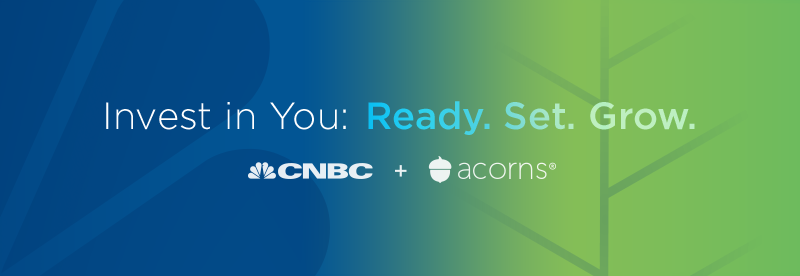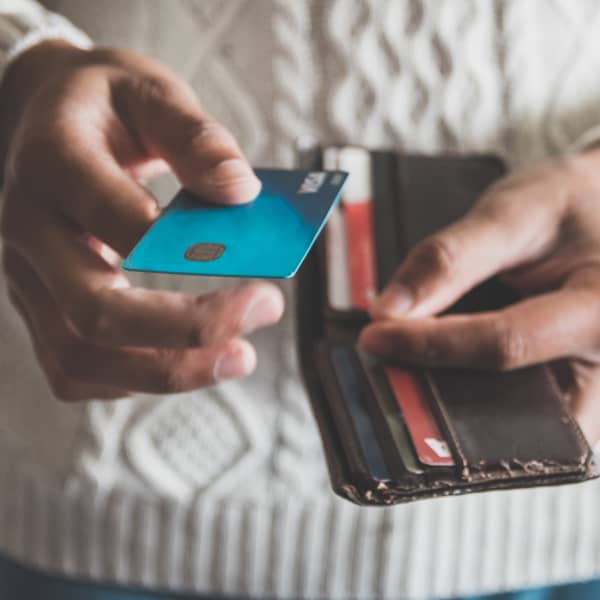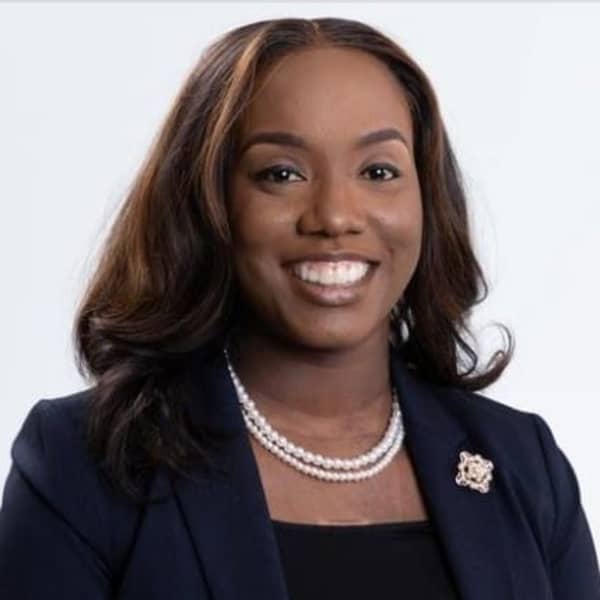Since the beginning of the year, interest rates on high-yield savings accounts have been in free fall.
Ally Bank's high-yield online account, a popular option, currently sits at 0.8% as of publishing, compared to a 2.20% APY around this time last year, according to DepositAccounts.com, which tracks interest rates on financial accounts. Others, including Discover Bank Online Savings and Marcus by Goldman Sachs have similarly dropped, hitting all-time low rates.
Like so many financial developments this year, the rate cut can be attributed to the coronavirus pandemic. Earlier this week, the Federal Reserve announced it would hold its benchmark interest rate near zero through 2023. Banks base their interest rates off of the Fed. As the U.S. economy recovers, rates will remain low.
Borrowers, including those with credit card debt and mortgages, benefit from lower rates. But that doesn't make it any easier to watch savings rates dip below 1% from their 2%-plus highs. Savers are right to be disappointed.
But these accounts are still the best option for savings, Ken Tumin, founder of DepositAccounts.com, tells CNBC Make It. Not only are they FDIC-insured, but, eventually, rates will go back up. And 0.8% is still more than the 0.05% national average.
"If you don't already have an online bank and aren't getting hit with fees at your current bank, it's harder to justify opening an account," says Tumin. "But [high-yield accounts] still give you a little edge, and most have no fees at least, so you don't have to worry about getting hit with fees."
Other options for your money
Still, with rates so low, some people are bound to look around for better returns. The "main alternative nowadays is high-yield reward checking accounts," Tumin says. These are the only deposit accounts that currently offer rates above 2%.
To get the rate, account holders will typically have to make a set number of debit card transactions each month. The accounts also usually have a maximum balance cap of $10,000 to $25,000 before a lower interest rate is applied.
These accounts offer the same protections as savings accounts, but account holders should make sure that they are comfortable with using a debit card, and that the money is more easily accessible than a standard savings account.
"It throws a little wrench into the basic methodology of having a checking account for transactions and having a savings account where you keep your emergency fund," Tumin says. "There's always a risk that you will use that money more, or make more purchases than you should, whereas a savings account is more difficult to spend."
More from Invest in You:
These hidden fees are taking a bite out of your retirement savings
If you're in your 40s, it's time to put together a strategy to rescue your retirement
How to get more years for your retirement buck
He also suggests looking into no-penalty CDs at online banks that lock in interest rates for a set term, often six, eight or 12 months. While rates will be similar to savings accounts, a CD's rate isn't variable like a savings account's, so it won't change.
"I see it as a way to boost your savings account rate and not give up liquidity and get the rate lock, and that can be very beneficial these days," he says. That the money is essentially as easily accessible as it would be in a savings account, especially, is "a nice feature."
Overall, though, it is likely not worth opening a new account and transferring funds right now for savers who are satisfied with their high-yield accounts, he says.
If you have an emergency fund with a few months' expenses built up, it might also be worthwhile prioritizing paying off some extra high-interest debt. Depending on the interest rate, it is a better return for your money than stashing away extra cash.
"Even though credit card rates are lower than they used to be, they're still really high," says Tumin. The average credit card interest rate is currently 16%. If you have enough savings stashed away to be comfortable, "it probably makes sense to pay those off before you add more to the savings account."
That said, the coronavirus pandemic has made many people even more aware of the precariousness of their finances. With some Americans out of work for several months, savers may opt to save even more to have cash on hand, rather than pay off a car note or make an extra student loan payment. There is wisdom in that, too, especially if having more socked away would give you peace of mind in a trying time.
Ultimately, savers will have to wait for the economy to recover before they can look forward to 2%-plus rates again on savings accounts.
"If the economy surges back, there might be a little better deposit rate," says Tumin. "But it's going to be slow."
SIGN UP: Money 101 is an 8-week learning course to financial freedom, delivered weekly to your inbox.
CHECK OUT: My side hustles bring in $5,000 a month: Here's my best advice for getting started via Grow with Acorns+CNBC.
Disclosure: NBCUniversal and Comcast Ventures are investors in Acorns.







